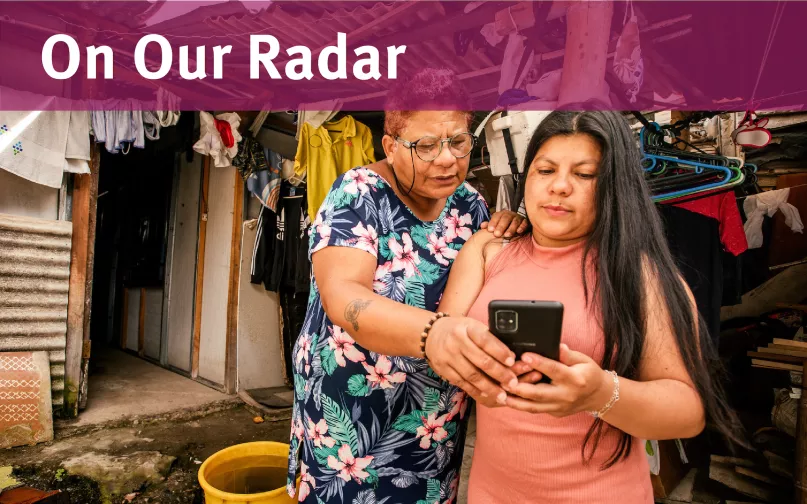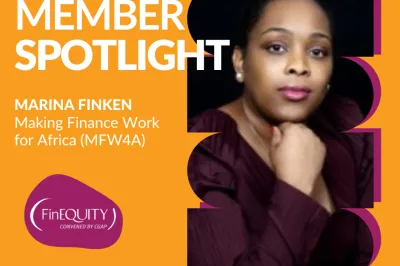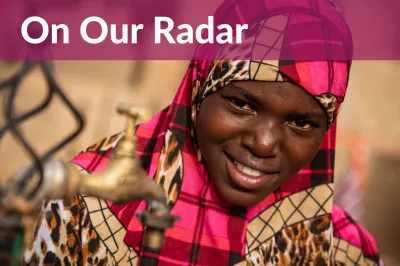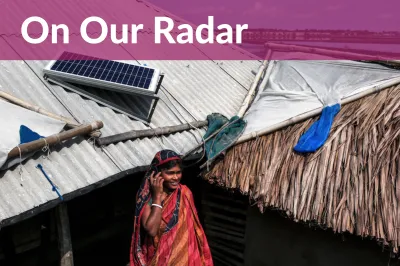On Our Radar: August 2022

An updated take on "What We're Reading", the FinEquity team brings you a curated list of women's financial inclusion and economic empowerment content we've been consuming recently, from podcasts, new initiatives and articles to videos and social posts. We hope you enjoy!
On Our Radar
Funding for women’s economic empowerment stagnates, despite an increase in international development funding
Publish What You Fund's recently released findings from their work tracking international funding to women's empowerment collectives and similar women’s groups in Bangladesh, Kenya and Nigeria offer recommendations on funding for women's financial inclusion and economic empowerment, and draw in part on findings from CGAP's Funder Survey.
Financial Instruments to Strengthen Women’s Economic Resilience to Climate Change and Disaster Risks
Financial inclusion enhances women’s economic resilience to disasters by providing them access to various types of financial products and services. Use of relevant and appropriate financial instruments enables women to prepare for and cope with the effects of disasters. This publication by the Asian Development Bank reviews the use and availability of financial instruments that enhance women’s resilience to external shocks in disaster-prone and low-income areas.
From Humanitarian Assistance to Economic Resilience in Yemen
To help bridge the gap between short-term humanitarian assistance and longer-term resilience, CARE International developed an approach which adapts their Village Savings & Loans Association (VSLA) model to the complexities of humanitarian settings. Results from a 2021 pilot study in Taiz, Yemen - which reached 300 women - show how the VSLA in Emergencies (VSLAiE) approach can help extend access to financial services to some of the most underserved communities in the world.
We-Fi Evidence Paper and Theory of Change Note
This paper by We-Fi presents findings of a comprehensive literature review to identify evidence on what works to support women entrepreneurs in developing countries. It covers both the evidence of constraints women entrepreneurs are facing and evidence of intervention effectiveness in We-Fi’s four focus areas: access to finance, access to skills and networks, access to markets, and an enabling environment.
How Do Savings Contribute to Financial Health? A meta-review leads to two mental shifts in approaches to savings research
We're particularly interested in the discussion happening in the comments section of this blog by Itad on gender norms and behavior change. The post discusses two mental shifts that convinced Itad it’s important to design research on savings using a financial health lens.


